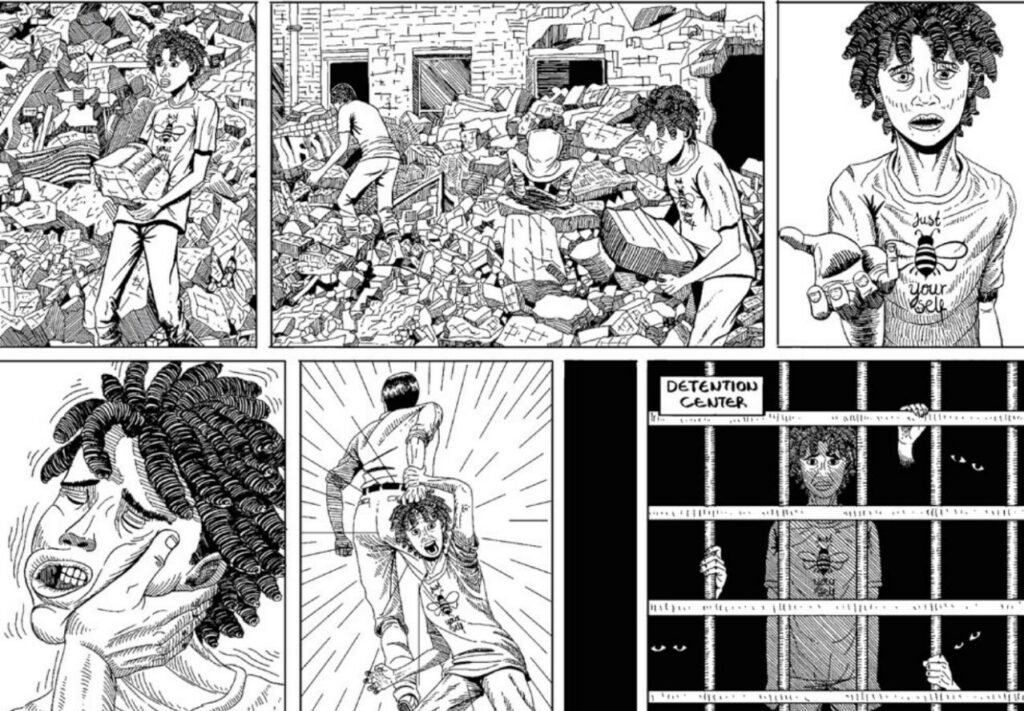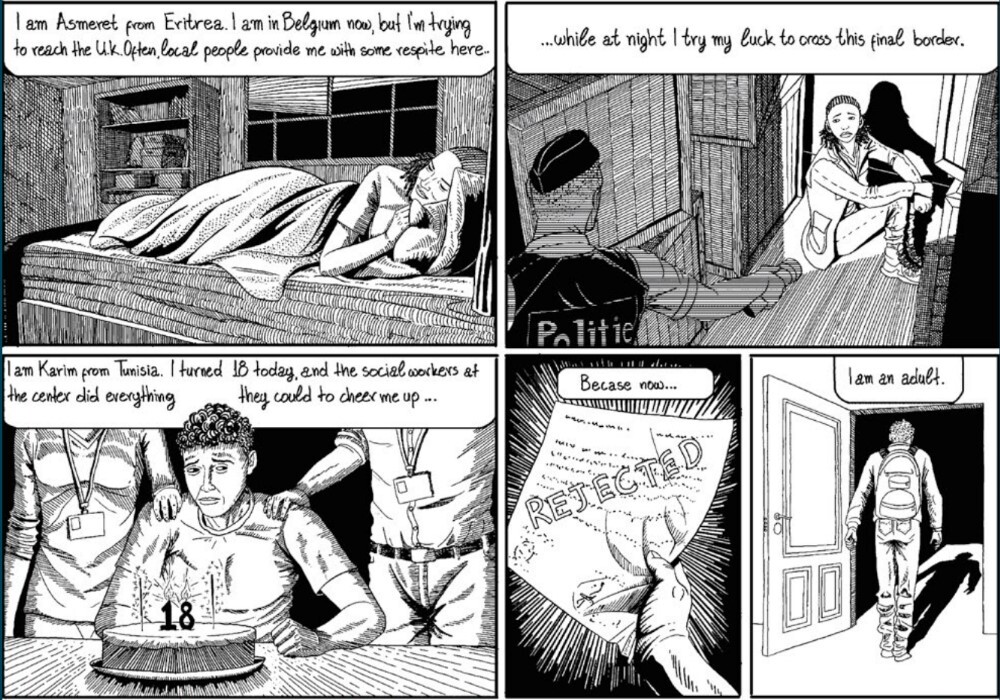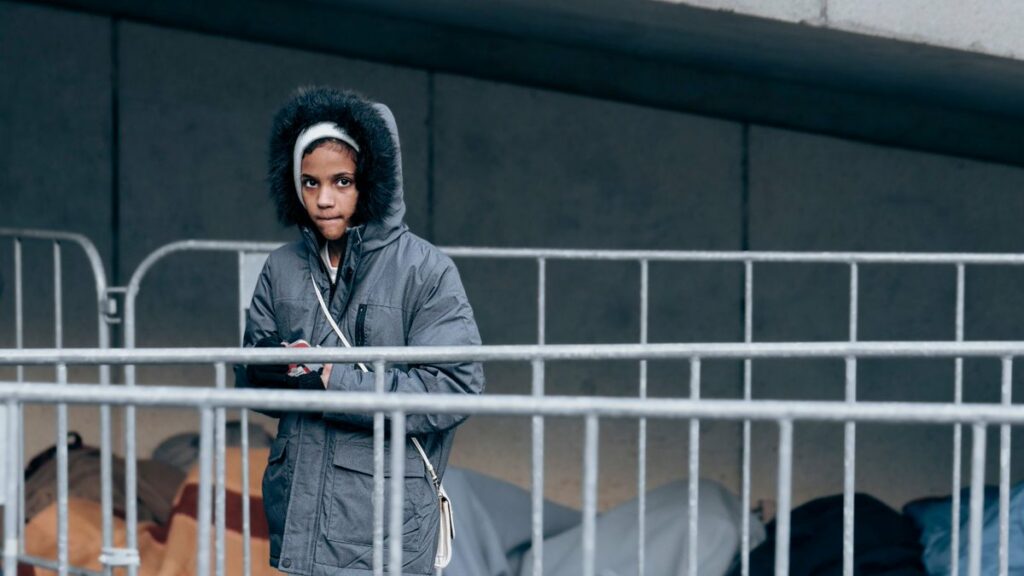Unaccompanied minors who cross the European border and try to resettle in a European country carry years of trauma, but are also resilient, motivated and remarkably positive, according to an ERC-funded study, which intensively monitored 200 teenagers aged 14 to 18 for two years, by UGent migration expert Ilse Derluyn.
Around 4,000 unaccompanied minors arrive in Belgium every year. Some settle in the country while others pass through to other European countries. These minors often find themselves at the mercy of adults who may cause them harm during the perilous passage from a home they are forced to flee from to a place of safety; many of these young people battle with mistrust of adults and professionals, the study found.
"The central feeling in that trauma is powerlessness," Derluyn told The Brussels Times. "They are at the mercy of someone else's power, with the violence often committed by adults. That puts a very strong strain on trust in adults."
The minors experience two aspects which may affect their trust in professionals and adults in general, she explained. The first aspect is the direct violence from adults, such as smugglers, police or border officers on their passage; the other is negative experiences with other professionals during their journey. Some minors even had negative experiences when they are hosted in reception centres in different countries such as Italy or Greece, or by volunteers who host them, Derluyn said.

An illustration featured in the report showing some of the experiences of unaccompanied minors. Credit: Antonis Foradis
These two aspects affect how they create and maintain relationships as they take the position of not wanting to relate closely with new people. Additionally, they often lead to the minors "distrusting new professionals and relying more on advice from peers they met on the road or other people who may not necessarily give the best advice," she added.
Psychological help is not very prevalent at the centres, Derluyn explained, as the top priorities are providing people with a place to sleep, a way to get clean and something to eat (the so-called "bed-bath-bread" arrangement). While these minors do receive support at schools to help them learn the language and manage their classes, schools' main focus is learning, meaning psychological support is not always present either.
Lastly, external mental health services are often physically too far away, but also mentally far away as minors do not consider them a priority, especially if it requires a lot of investment. "If there was more outreach or if there were more mental health services in the centres, it would make it much more accessible," Derluyn said.
Daily stresses have a major impact
While Derluyn believes additional psychological support could help minors and make a difference in their experience, the study also revealed that the daily stresses they experience – which include "the daily living conditions, material stresses, lack of social network, and experiences of stigma and racism" – have a major impact on their well-being.
As long as these stresses are present, "even the best psychological support might not really help because the stresses that cause the emotional suffering are still ongoing," Derluyn emphasised.

An illustration featured in the report showing some of the experiences of unaccompanied minors. Credit: Antonis Foradis
To address this, the education of the host society’s population is one of the key factors. "I think we could invest more in teaching people to recognise stereotypes and know what it means to be treated as different or less valuable," she said. This could happen by making it clear that many ideas about refugees – that often add to the stereotypes – need to be deconstructed as they are false, such as the belief that they are given money the moment they arrive in the host country.
Derluyn also stressed that the journeys the minors undertake are "very complex, not at all linear and they take a very long time" – something she believes is of great importance to consider. "The moment [the unaccompanied minors] arrive, they already have very long, tragic stories and complicated trajectories, and therefore, they already have a lot of baggage that they carry on their shoulders."
Related News
- Belgian reception crisis: 24 underage asylum seekers officially missing
- From reception crisis to racism: Amnesty criticises Belgium's human rights record
Yet, despite everything the youngsters in the study experienced and continue to experience, the study also revealed that the majority of the minors show resilience, motivation and "remarkable positivity," she said.
While this in no way takes away from their experiences, Derluyn commented that the presence of both the trauma and their positive outlook "kind of go hand in hand, they are both there. It does not mean that because they are suffering they cannot invest more [in other areas] and the other way around, too."
The teenagers monitored in the study were mainly refugees from Eritrea, Nigeria, Afghanistan, Somalia and Pakistan.

